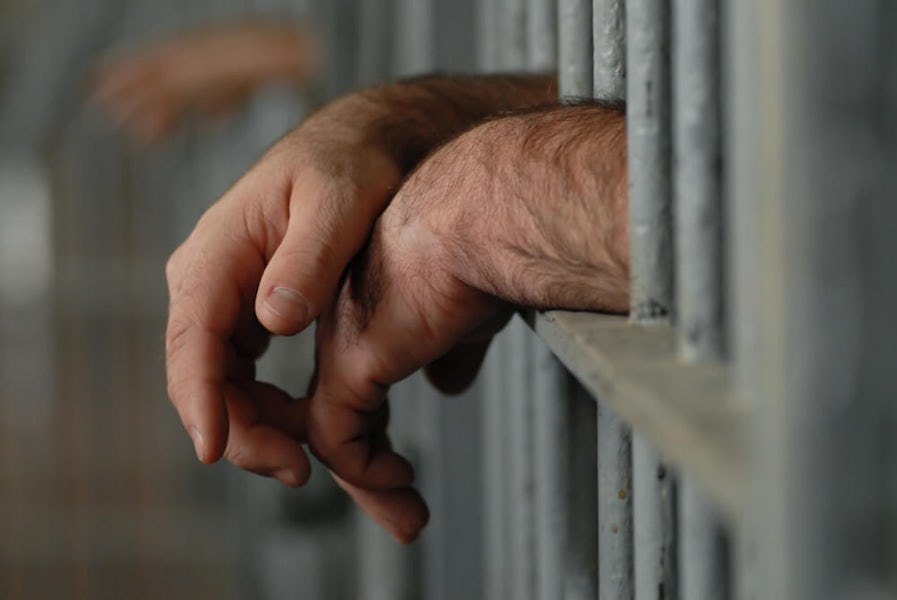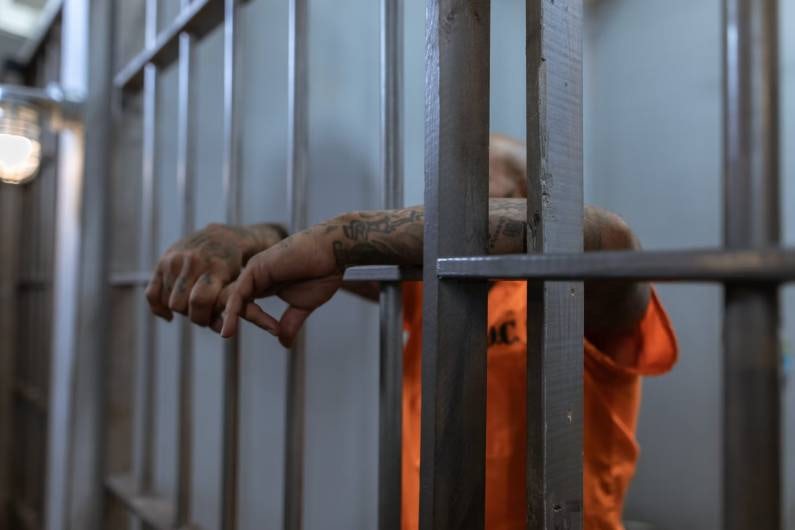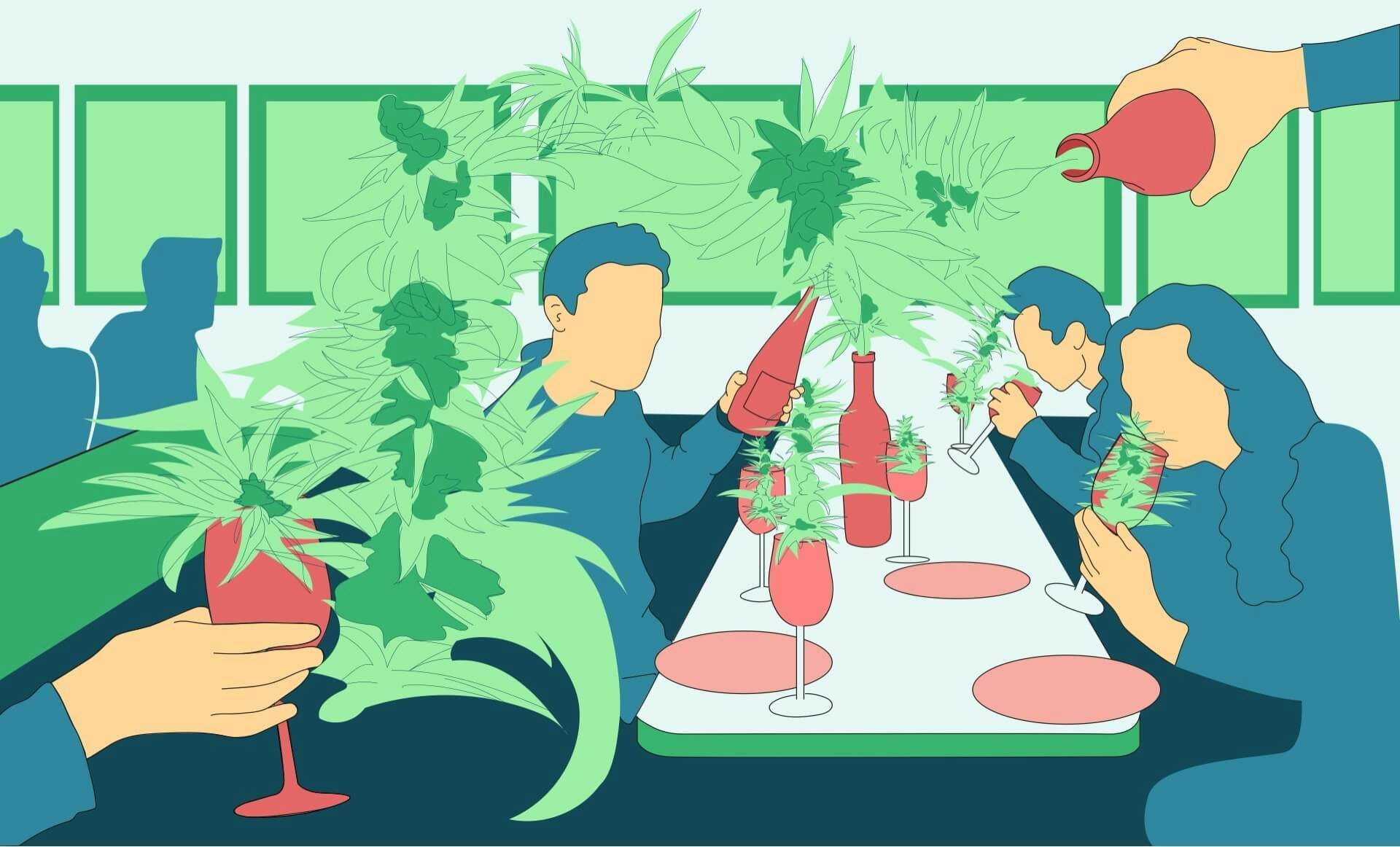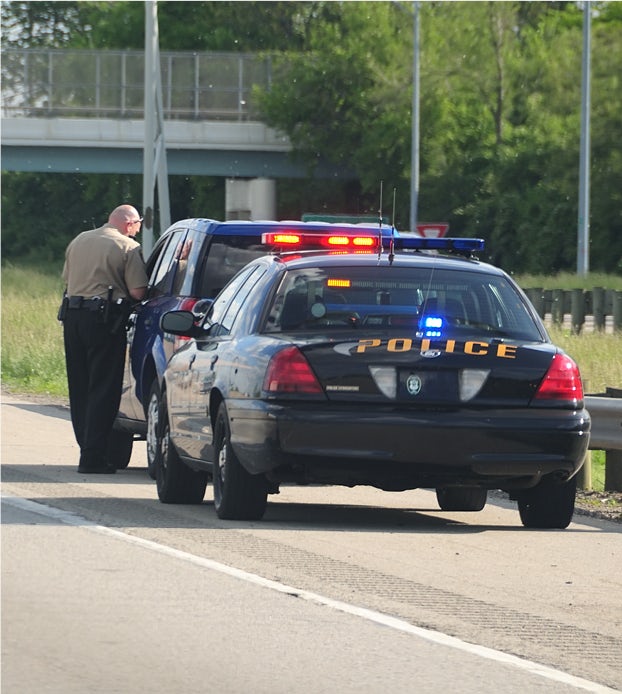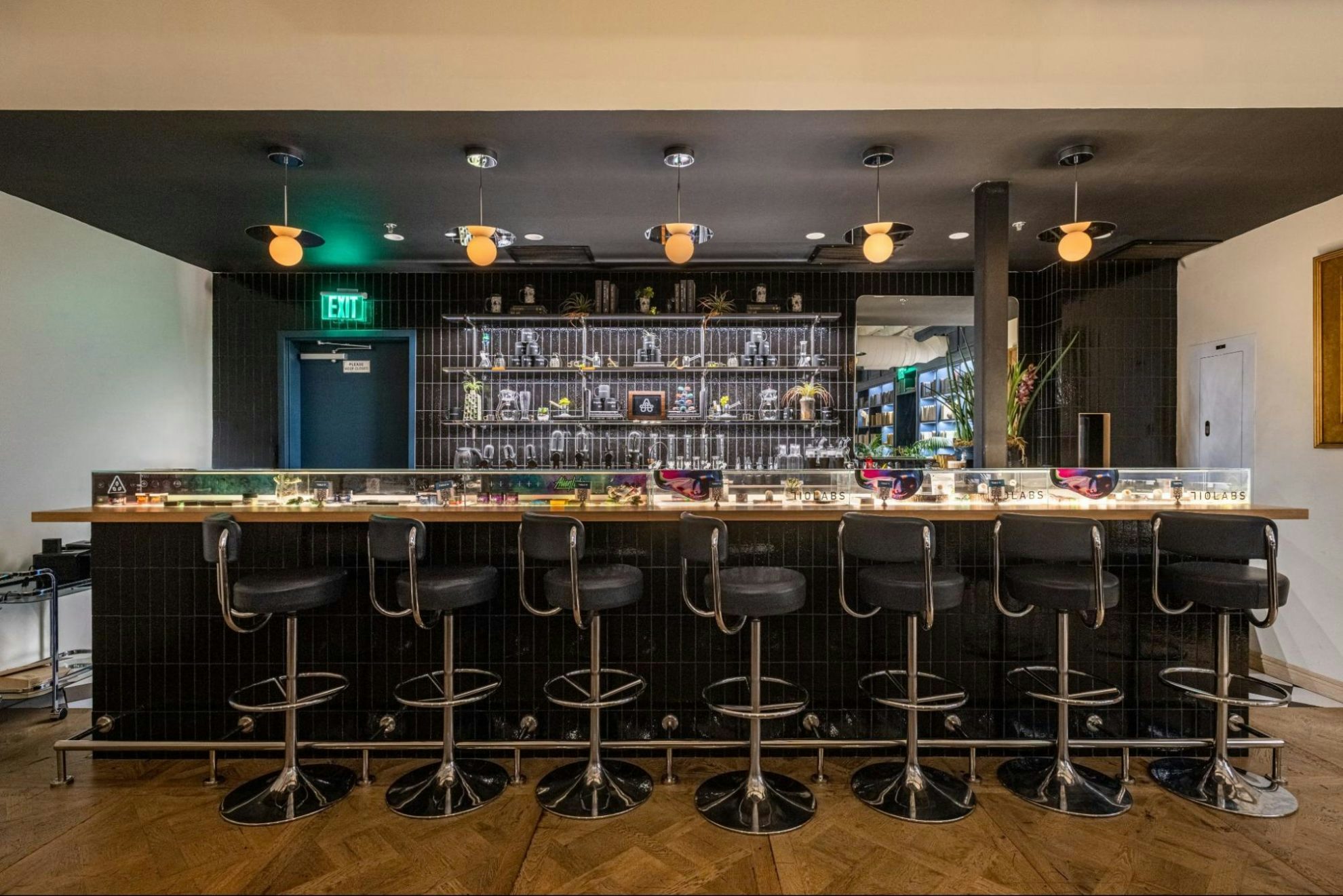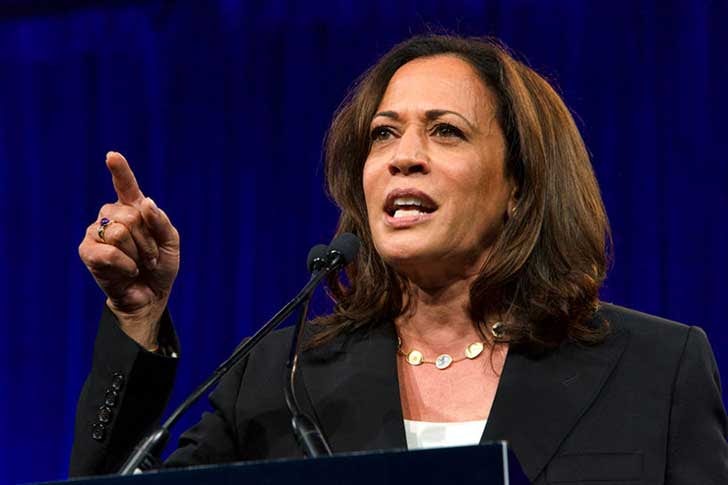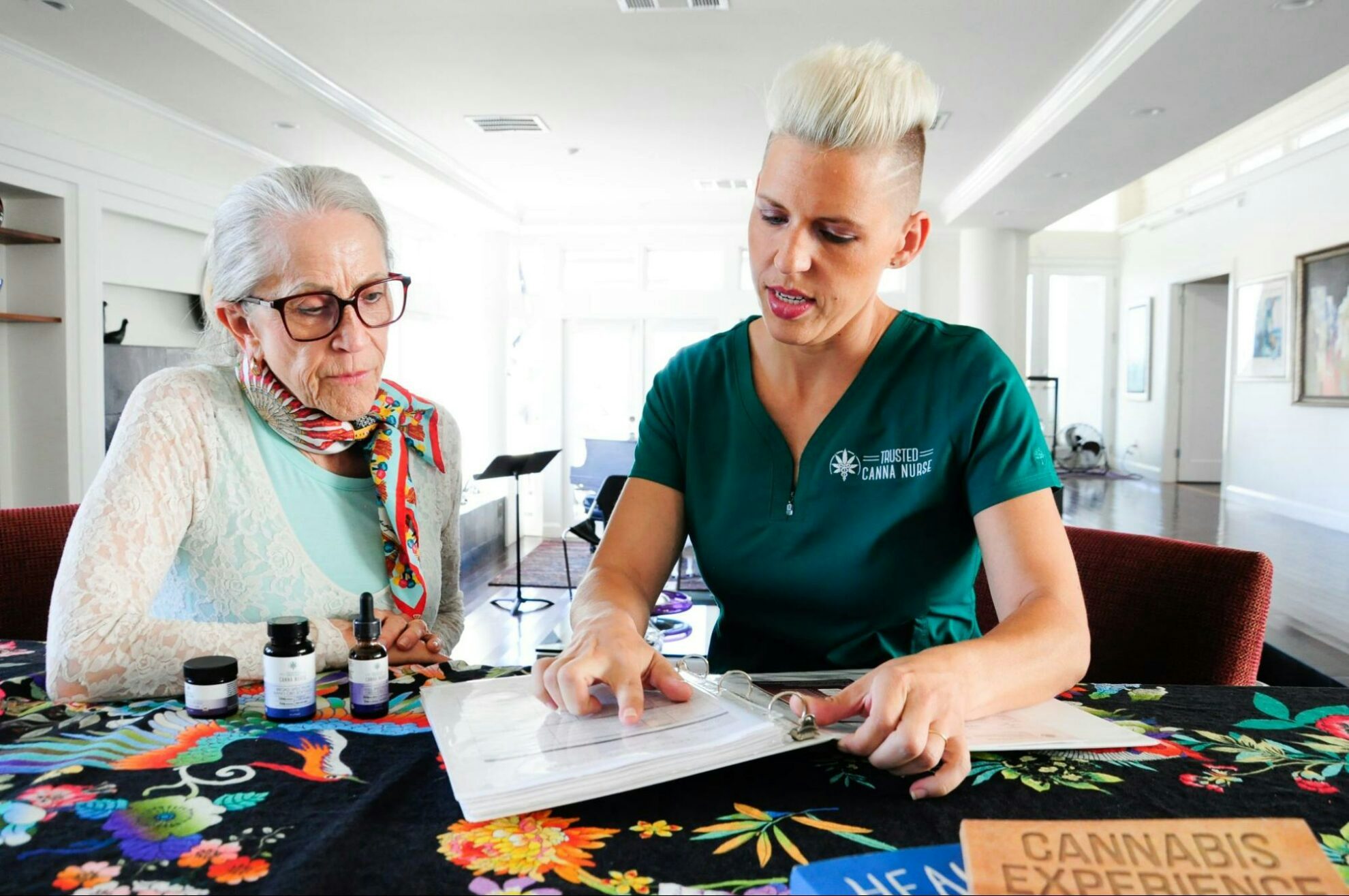A United Kingdom police chief proposed a novel idea this January: Allow drug-dependent inmates access to free cannabis to help them overcome opioid addiction. An added bonus — reduce violence behind prison walls.
“If they’re on opioids, why can’t they be prescribed cannabis?” asked North Wales Police Chief Constable Arfon Jones, adding “at the end of the day, opioids are a damn sight more dangerous than cannabis.”
While there may be common sense to such a proposal, it would border on science fiction in the United States. Federal cannabis prohibition and a culture of law enforcement antagonism has cut off access to medical marijuana for prisons, including in states where it is legal — and even long after inmates leave the prison walls.
Federal prohibition remains the biggest stumbling block
Marijuana is currently legal for medical use in 37 states. In 15 of those states, both medical and adult use (recreational) cannabis is legal. On the federal level it remains illegal, however, and is categorized as a schedule 1 controlled substance, meaning it is not classified as having any medical benefit..
This creates a situation where state detention facilities — even where cannabis is legal — do not allow inmates access to medical cannabis because it violates federal law. And because state correctional departments typically receive federal funding, they are not willing to jeopardize that funding.
Like much else with cannabis in the United States today, this has created a confusing set of guidelines for where state and federal law intersect. But federal law is not the only barrier.
Attitudes and norms among law enforcement and corrections officials did not necessarily change along with state cannabis laws. And prisons have far different rules than freer locales.
Unique rules make change in prisons more difficult
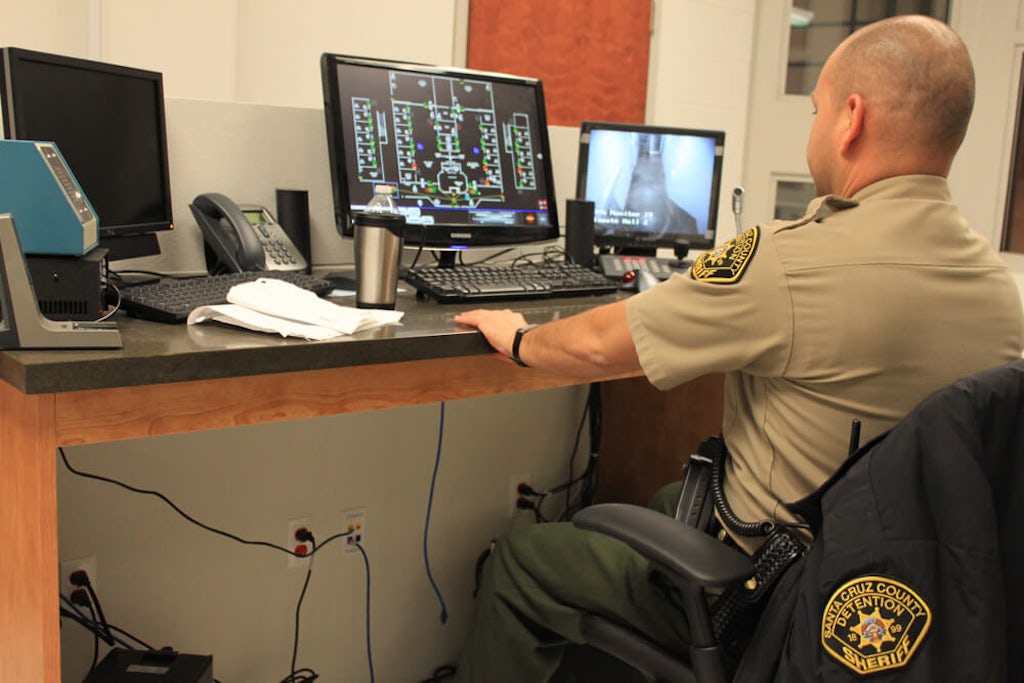
“At the state level the problems are more generally bureaucratic inertia,” Eric E. Sterling, J.D., the former Executive Director of the Criminal Justice Policy Foundation told The Cannigma during a Zoom call this week.
“A corrections health department does not want to have to deal with the special kinds of problems they perceive with cannabis,” he said.
Sterling, who spent four years as a member of the Maryland Medical Cannabis Commission, mentioned fears that officials may have about cannabis making its way out into the general population of the prison, though he added that’s a concern with any pharmaceutical provided by prison health services.
Largely it’s the opaque legal and regulatory restrictions on cannabis which complicate the matter. With the exception of a few pharmaceutical isolates, there is no FDA approval for cannabis products and physicians at state prisons have to be approved by the Drug Enforcement Administration.
“The problem is that marijuuana falls into this sort of gray area of being a quasi-recognized medical treatment,” Sterling said, “and you have many parole officers, police officers, judges, making independent determinations about the validity of this.”
An ideological issue for law enforcement
But while federal prohibition is an obvious hurdle, state and local authorities make their own decisions about whether to comply federal edicts all the time. The most famous example is the matter of “sanctuary cities,” where local law enforcement don’t cooperate with federal immigration orders. Of course, there is also the legalization of cannabis itself.
The question then becomes, why can’t they do the same for cannabis in correctional facilities?
Beyond the fear of losing federal grant money, there are also cultural and ideological hang ups among law enforcement, according to Diane Goldstein, the executive director of Law Enforcement Action Partnership and a former lieutenant in the Redondo Beach Police Department in California, a group of former criminal justice professionals advancing drug policies that enhance public safety.
Goldstein said there is “absolutely” an ideological issue at play.
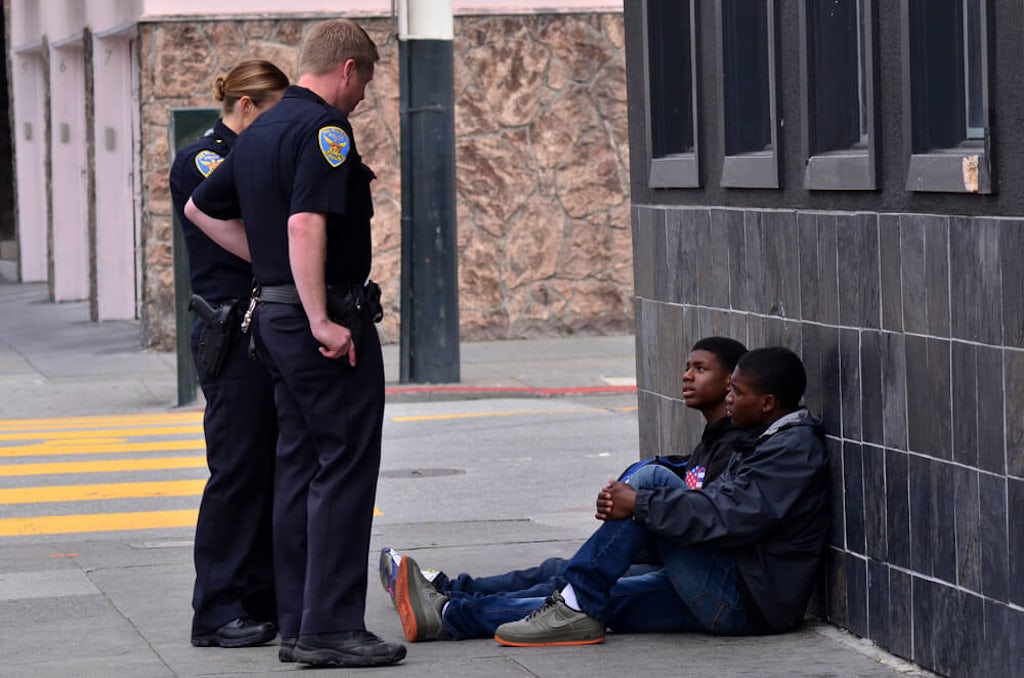
“Law enforcement has for years stigmatized drug users,” she explained, and many “corrections officials and law enforcement people believe that medical marijuana was just a big scam to open the door to full legalization.”
She also said that reluctance to view cannabis as a normalized medicine can be partly explained because prohibition meant that marijuana ase “an easy tool to pick people’s pockets,” in that police can use it as probable cause for searches.
Legalization “reduces the footprint for the law environment to impact and traumatize people,” Goldstein added, and can stop police from having a role in affecting individuals’ healthcare.
“You have people who could potentially use medical marijuana over an opioid, and you are basically controlling how people are able to choose how they want to be medically treated and I don’t think that’s law enforcement’s role,” she said.
Yet despite all those hurdles, some progress is being made — in courts and legislatures across the country.
In New Mexico, a judge rules inmates must have access to medical cannabis
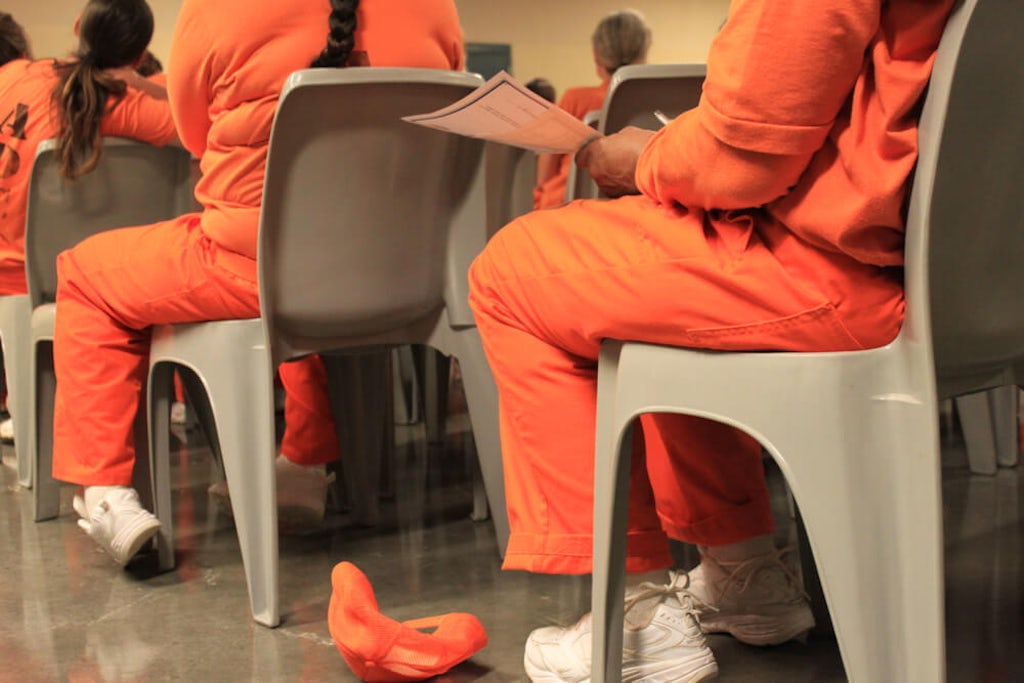
In January 2021, a district court judge in Albuquerque ruled that the state must allow qualifying inmates and people serving house arrest or probation access to medical marijuana. It is unclear how many facilities in the state are willing or able to comply with the ruling, however.
The ruling dealt with an Albuquerque resident who was sentenced to 90 days of house arrest following a drunk driving conviction. As a condition of his house arrest, the man was forbidden from using any illegal drugs, including cannabis, even though New Mexico legalized medical marijuana in 2007.
Attorneys for the county argued that because the defendant’s cannabis use was still illegal under federal law, it violated “his agreement to comply with all city, county, state and federal laws and ordinances.”
The defendant was then thrown in jail for 30 days for violating his house arrest. Bu the man didn’t give up. His attorney filed a motion demanding he be allowed to use medical cannabis while in jail. The judge agreed, and ruled that all incarcerated individuals in the state should have the ability to use medical cannabis.
The Las Cruces Sun News quoted State Senator Jacob Candelaria as saying that the ruling sets a precedent that patients must be allowed to access medical cannabis in prison and that “until such time as the legislature changes the law, the law is clear: You must under existing law provide incarcerated persons with the ability to access medical cannabis free from penalty.”
Candelaria has also stated that he is prepared to take legal action against correctional facilities that don’t implement the ruling.
That ruling may seem promising, but it does not mean that any state correctional departments are actively exploring how to actually allow or administer medical cannabis within their facilities.
In California, weed was theoretically allowed in prison — for a minute
Cannabis has been legal for adults to use and possess since 2018 in California, and the state has had a legal medical cannabis program since 1996. That didn’t stop five Sacramento county convicts from facing charges for possession of cannabis within a correctional facility, however.
The five men appealed their convictions, and in 2019, the 3rd District Court of Appeasl ruled that just as the possession of less than an ounce of cannabis is legal in California, the same should be the case for inmates.
The judges in that case made headlines when they wrote in the ruling that it remains illegal under state law to smoke cannabis in prison, but possession itself was okay.
A year later, however, a higher appeals court panel of judges overturned that ruling and it is once again illegal to possess cannabis in California state prisons.
Access to cannabis for people on parole and probation
For people on parole and court-ordered supervision, the situation can potentially be much different. While parolees and people on probation typically sign a contract vowing not to break any state or federal laws, they don’t face the same problems accessing the medicine as currently incarcerated people.
That doesn’t mean it is without problems.
In June, 2020, a federal judge in Pennsylvania — which legalized medical marijuana in 2016 — ruled that the people he has placed on probation cannot use medical marijuana. He wrote that the benefits of its use are still unclear.
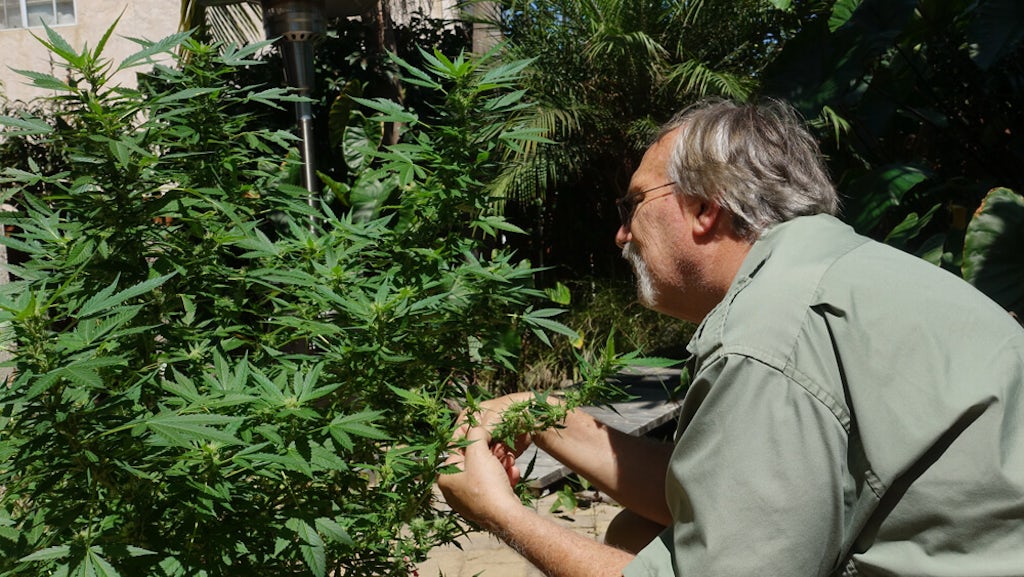
The same month, however, the Pennsylvania Supreme Court issued a unanimous ruling that barring people and parole and probation access to medical cannabis runs contrary to the state’s Medical Marijuana Act. The law, which legalized medical cannabis, holds that registered medical marijuana patients can not face arrest, prosecution, or penalty or be denied any right for using cannabis.
In Colorado and California, legislation and court rulings have both carved out access to medical cannabis for people on probation and parole.
And in Arizona and Michigan, appeals courts have ruled that people on probation who are valid medical marijuana patients may legally use the plant.
But if you’re on probation or parole, how much are you actually willing to risk to use medical marijuana.
“A doctor’s recommendation [for cannabis] isn’t a prescription, so the person who is on parole is put in the position of saying do I jeopardize my parole in order to fight for rights? If I sue the state to say I’m on parole, I’m a state medical patient, I need this medication and I want to do this while I’m on parole and you’re threatening my health care by denying this, do I risk them retaliating against me?,” Sterling, of the Criminal Justice Policy Foundation, said.
“There’s a great deal of intimidation that’s a reality for people who are on probation and parole,” he said.
Sign up for bi-weekly updates, packed full of cannabis education, recipes, and tips. Your inbox will love it.

 Shop
Shop Support
Support